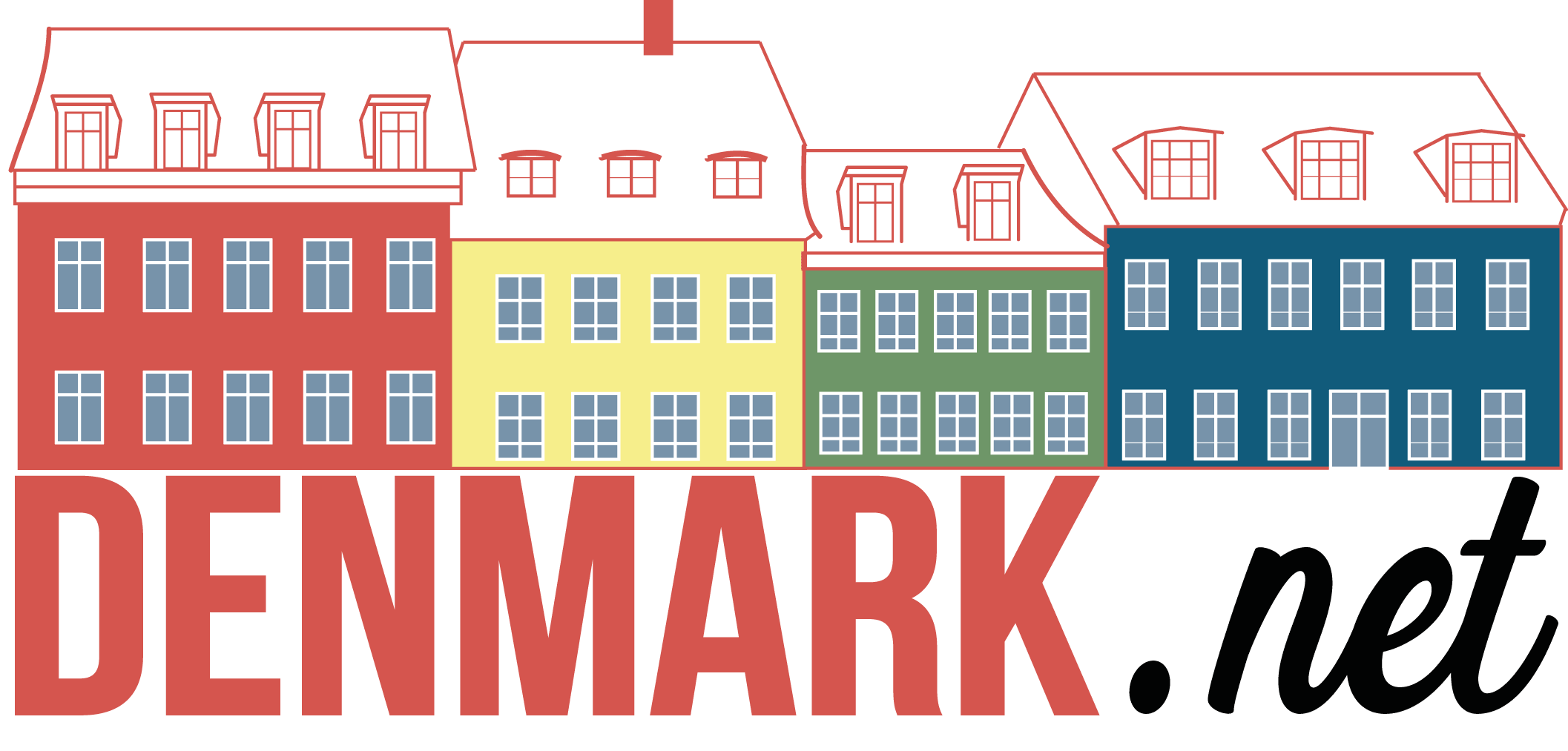
Post-retirement hazards are any and all threats to one's capacity to maintain financial security after retirement. If you are in Denmark keep in mind that everyone who invests puts a lot of effort into having the finest retirement plan. Keep in mind that having a solid retirement plan will spare you from future needless budgets. Post-retirement dangers, however, might compromise even the best-laid retirement plans. This will therefore result in lower revenue or future expenses that you hadn't budgeted for.
Post-retirement can result from a number of circumstances, such as a spouse's passing, an unexpected illness, changes in the economy, or even modifications to governmental policy.
Types of Post-Retirement Risk
Personal and Family Risks
These risks tend to affect the personal lives of retirees. Some of the most common risks that fall into this category include:
- Demise – The loss of a spouse may result in a reduction in pension payments or an increase in the retiree's financial obligations, particularly if they have outstanding debts or medical expenses.
- Hazards are associated with living longer than your possessions – People will require more money as they live longer. The longer you live, the less money you'll have in your nest egg because retirement income can only last so long.
- The status of marriage has changed – Divorce or separation lowers your retirement income because you'll likely have to divide your assets.
- Financial assistance to family members – There may come a time when your children or other dependents may need financial help, and they may turn to you. If you choose to help them out, you can expect to see a drop in your finances.
Public Policy
Taxes, Social Security, Medicare payouts, Medicare premiums, and other benefits are always subject to change. Most present and prospective retirees rely on these benefits to fund their retirement. Thus, there is a significant risk that these programs will change in a way that jeopardizes retirement security.

What Are the Most Common Risks in Retirement?
Personal risks, health risks, financial risks, shifts in public policy, home loss, and other risks are the most prevalent dangers associated with retirement. Outliving savings and losing purchasing power due to inflation are two more prevalent problems.
What Are Some Ways to Manage Risks in Retirement?
Preparing before you reach retirement age is the key to managing risk in retirement. This can involve reducing the risk associated with investments with the help of the Prillionaires net worth calculator tool, selling off property or cutting back on lifestyle, and purchasing inflation-protected securities, among other things. A retirement expert must take a “top-down” approach because every situation differs.
Is Social Security Alone Enough to Retire on?
Retaining on Social Security alone is usually challenging, though this depends greatly on where and how you live. However, living in a costly state leads to an expensive lifestyle. You might be able to live off of Social Security alone if you relocate to a less expensive city—or, as some retirees are finding out, a foreign country entirely. You might be able to lead a pretty good life on Social Security alone.
Final Thoughts
Talks over Social Security availability are becoming more heated, and people are becoming more concerned about post-retirement risk as average lifespans climb. It is impossible to approach retirement planning in a way that works for everyone because it is a complicated process.
A retirement specialist should go over all of your options and your particular situation. There is always a suitable time to begin, even though speaking with a professional about retirement planning could be a scary and anxious first step.

Be the first to comment